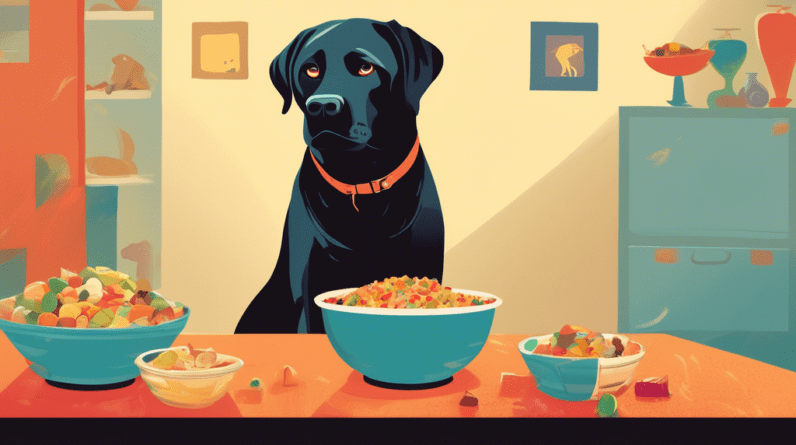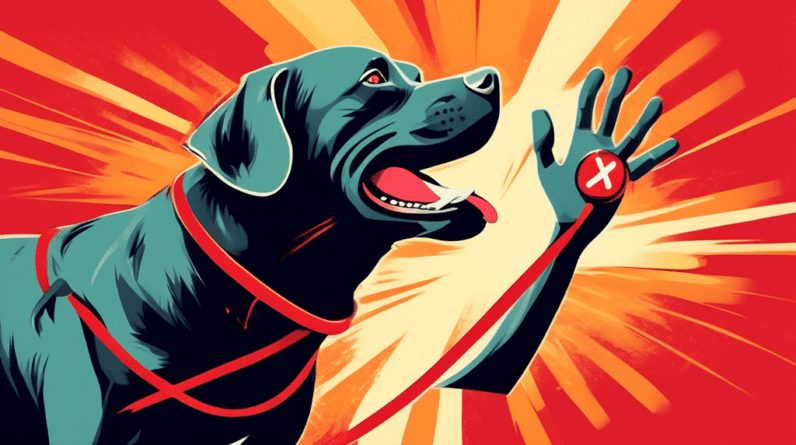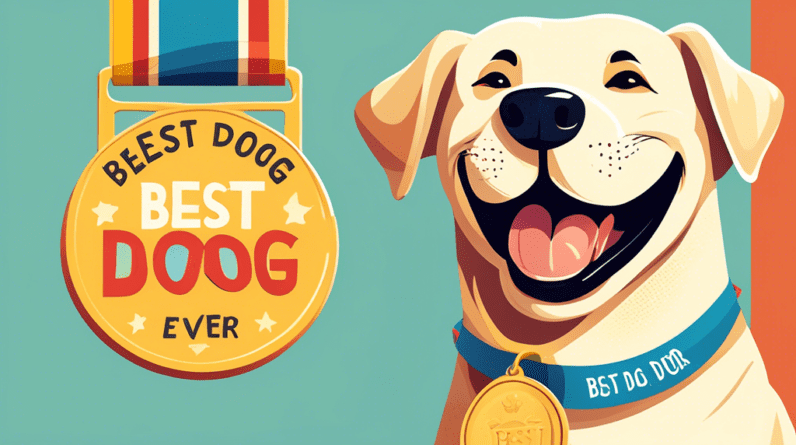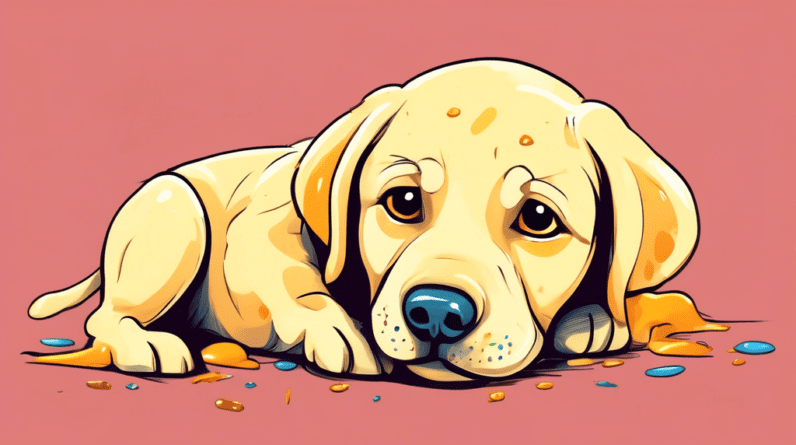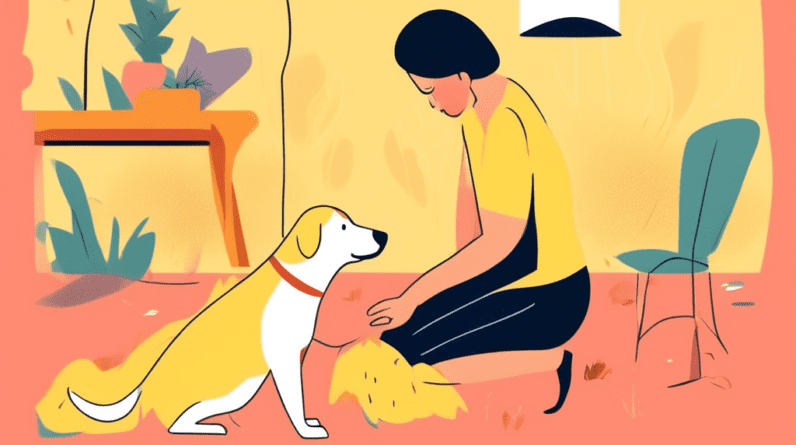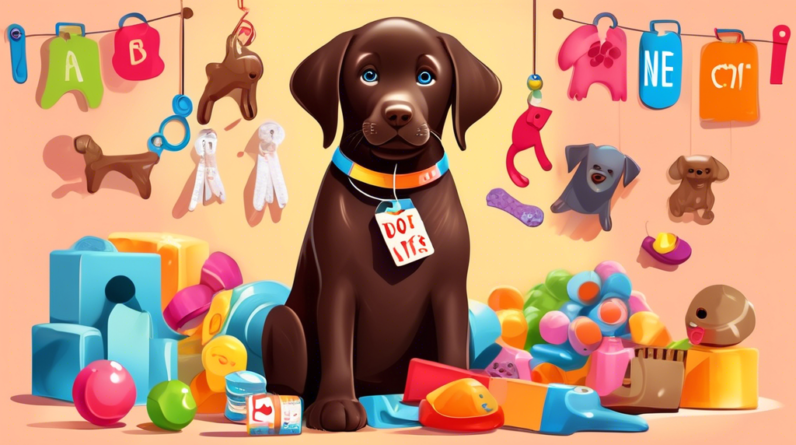
How Much Should I Pay for a Labrador Puppy? Cost Considerations
Bringing a Labrador Retriever puppy into your life is an exciting decision, but it’s important to be financially prepared. The cost of a Labrador puppy can vary significantly based on several factors, and understanding these factors will help you budget accordingly and find a furry friend that fits your lifestyle and your wallet.
Breeder Reputation and Lineage
One of the primary factors influencing the price of a Labrador puppy is the breeder’s reputation and the puppy’s lineage. Reputable breeders are dedicated to ethical breeding practices, focusing on health, temperament, and conformation to breed standards. They invest heavily in genetic testing, veterinary care, socialization, and training for their dogs and puppies. Consequently, puppies from reputable breeders tend to be more expensive, often ranging from $1,500 to $3,000 or more.
Puppies with exceptional lineage, such as those with parents who are champions in shows or working trials, may command even higher prices. However, this higher initial investment often translates into a healthier and well-adjusted dog in the long run.
Location, Location, Location
Just like real estate, the geographic location where you purchase your Labrador puppy can significantly impact the price. In areas with a high cost of living and high demand for Labrador puppies, prices will generally be higher. Conversely, in areas with a lower cost of living, you might find Labrador puppies at slightly lower prices.
However, it’s essential to prioritize finding a reputable breeder over simply opting for the lowest price, even if it means traveling to another state.
Coat Color and Markings
While not as influential as breeder reputation or location, a Labrador’s coat color and markings can sometimes play a role in price variations. The three standard Labrador colors are black, yellow, and chocolate. While all colors are equally loved, certain colors might be in higher demand in specific regions or time periods, leading to slight price differences. For example, a breeder might charge a premium for a rare silver Labrador puppy.
Puppy’s Age
The age at which you purchase your Labrador puppy can also impact the price. Puppies that are ready to go to their new homes at 8 to 12 weeks of age are typically priced higher than older puppies. Older puppies who are already past the initial puppyhood stage and have received some basic training might be available at a lower cost.
Health Guarantees and Veterinary Care
Reputable breeders prioritize the health of their puppies and often provide health guarantees. These guarantees typically cover certain genetic conditions and ensure that the puppy has received initial veterinary care, including vaccinations, deworming, and microchipping. The comprehensiveness of these health guarantees and the extent of veterinary care provided can influence the overall cost of the puppy.
Beyond the Purchase Price: Ongoing Expenses
While the initial purchase price of a Labrador puppy is a significant expense, it’s crucial to factor in the ongoing costs associated with responsible dog ownership. These costs include:
Food and Treats
Labrador Retrievers are a medium-to-large breed with hearty appetites. High-quality dog food, appropriate for their age and activity level, is essential. Expect to budget a significant amount for food and treats throughout your Labrador’s life.
Veterinary Care
Regular veterinary check-ups, vaccinations, flea and tick prevention, and deworming are crucial for maintaining your Labrador’s health. Additionally, unforeseen illnesses or accidents can arise, leading to unexpected veterinary bills. Pet insurance is a wise investment to help mitigate these costs.
Training and Socialization
Labradors are intelligent and eager to please, making them highly trainable. Enrolling your puppy in obedience classes or working with a certified dog trainer can help them develop into well-behaved companions. Early socialization is equally important to ensure your Labrador grows into a confident and friendly dog.
Grooming
Labradors have a double coat that sheds moderately throughout the year and more heavily during shedding seasons. Regular brushing, occasional baths, and nail trims are necessary to keep their coat healthy and clean.
Toys, Beds, and Supplies
Like any dog, Labradors need a variety of toys, a comfortable bed, collars, leashes, and other supplies. These costs can add up over time.
Alternatives to Consider
If the cost of purchasing a Labrador puppy from a reputable breeder is prohibitive, there are alternatives to consider:
Adoption
Adopting a Labrador Retriever from a shelter or rescue organization is a rewarding experience and a more affordable option. Adoption fees typically range from $150 to $500 and often include initial veterinary care, such as spaying/neutering and vaccinations.
Older Labradors
Adult or senior Labradors are often overlooked in shelters and rescues. These dogs may already be house-trained and have some basic obedience, making them a great option for first-time dog owners.
Making the Right Choice for You
Ultimately, the amount you spend on a Labrador puppy is a personal decision that depends on your budget and priorities. While it’s tempting to seek out the lowest price, remember that responsible breeders invest significant time, effort, and resources into their dogs. These investments translate into healthier and well-adjusted puppies. By carefully considering the factors outlined above and budgeting accordingly, you can find a Labrador companion who brings you years of love and companionship without breaking the bank.

